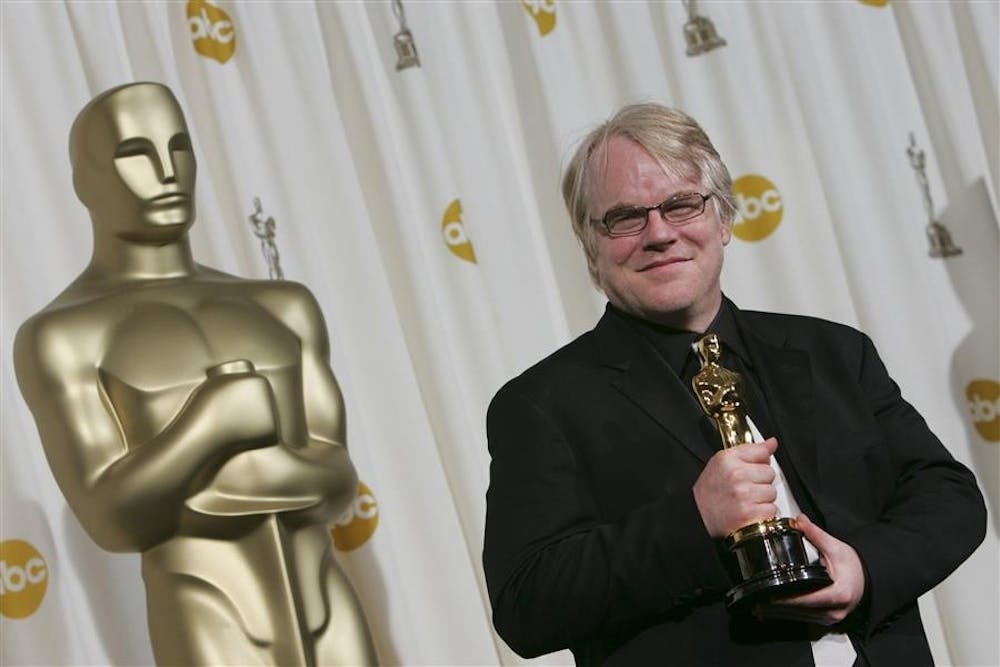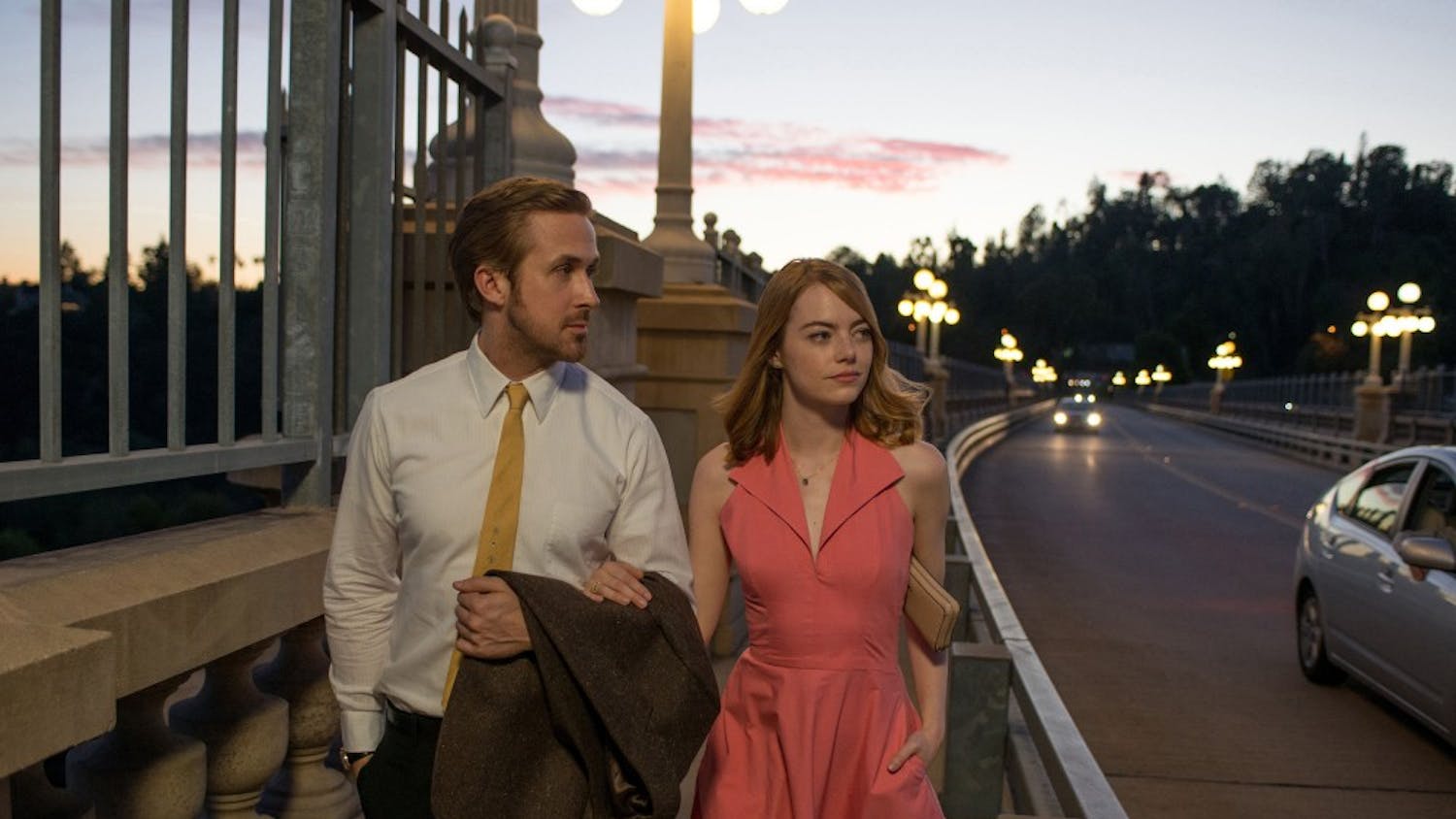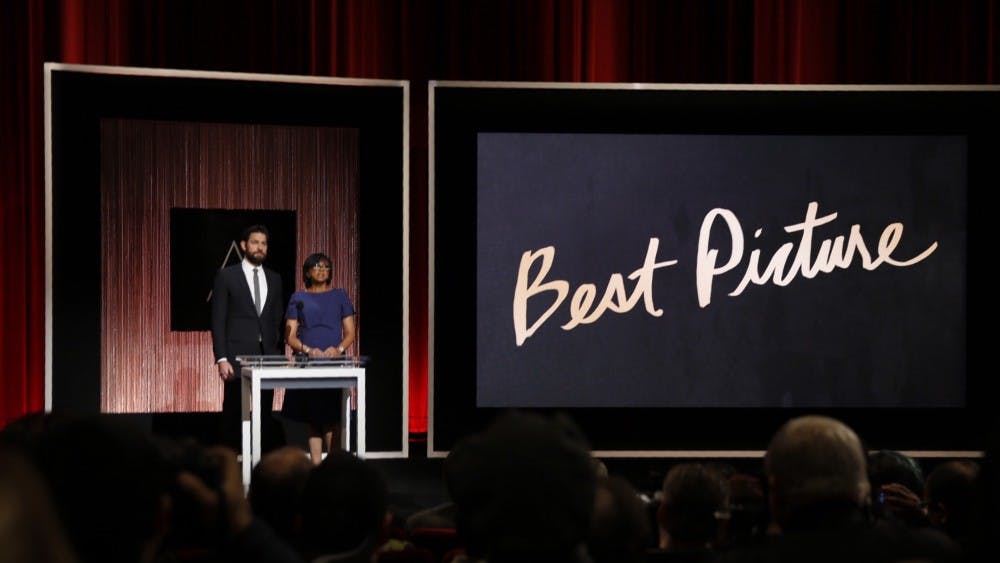“I’m probably more personal when I’m acting than at any other time. More open, more direct. Because it allows me to be something that I can’t always feel comfortable with when I’m living my own life, you know? Because it’s make-believe.”
Philip Seymour Hoffman, the Academy Award-winning actor who died at the age of 46 last weekend, said that.
It’s easy to forget celebrities are human, given how much time we spend idolizing them and how much of our money we put down to watch them perform their craft. It’s no wonder we take their deaths so personally. We trick ourselves into believing these intangible people we only see on screens and billboards cannot be susceptible to age, disease or addiction.
This is why losing Hoffman to an apparent heroin overdose feels like such a personal loss.
Though he garnered critical praise and four Academy Award nominations for dramatic films like “Capote” and “The Master,” I’ll always remember him for his various unsung, forgotten roles.
Take his turn as sadistic arms dealer Owen Davian in J.J. Abrams’ “Mission: Impossible III.” It was 2006, and Hoffman was fresh off his Best Actor win for playing the titular role in “Capote.” While other more stingy or snotty actors would wait for the next big dramatic role, Hoffman agreed to play a villain in a big-budget action flick starring Tom Cruise.
Both Hoffman and the film are damn good, meaning he wasn’t an actor who pinned himself into dramatic Oscar-bait roles, mainstream comedies (like 2004’s “Along Came Polly”) or tent pole franchises.
Hoffman liked to play it all. He even headlined a Broadway revival of “Death of a Salesman” alongside Andrew Garfield in 2012, only the last in a long string of theater credits he acquired over his career.
This past fall, he starred in “The Hunger Games: Catching Fire,” arguably the highest profile release of his career.
But his soul lives on in his body of work, which would seem like such a cliché if not for the words spoken by Hoffman himself. By his own account, he was at his most personal when he was on screen. He displayed more overt honesty through his acting than the majority of his peers could have ever hoped to convey.
As with the loss of Heath Ledger six years ago, we mourn both a man and the work he had yet to accomplish.
And while the media will devote their efforts to detailing Hoffman’s final hours or how much work he had left to complete on “The Hunger Games” sequels, let me take this time to remind you that it is not your place or mine to judge Hoffman’s choices.
Let his work speak for him. It’s what he gave to us during his lifetime, and it’s what he leaves behind.
Remembering the work Hoffman left behind

Get stories like this in your inbox
Subscribe





